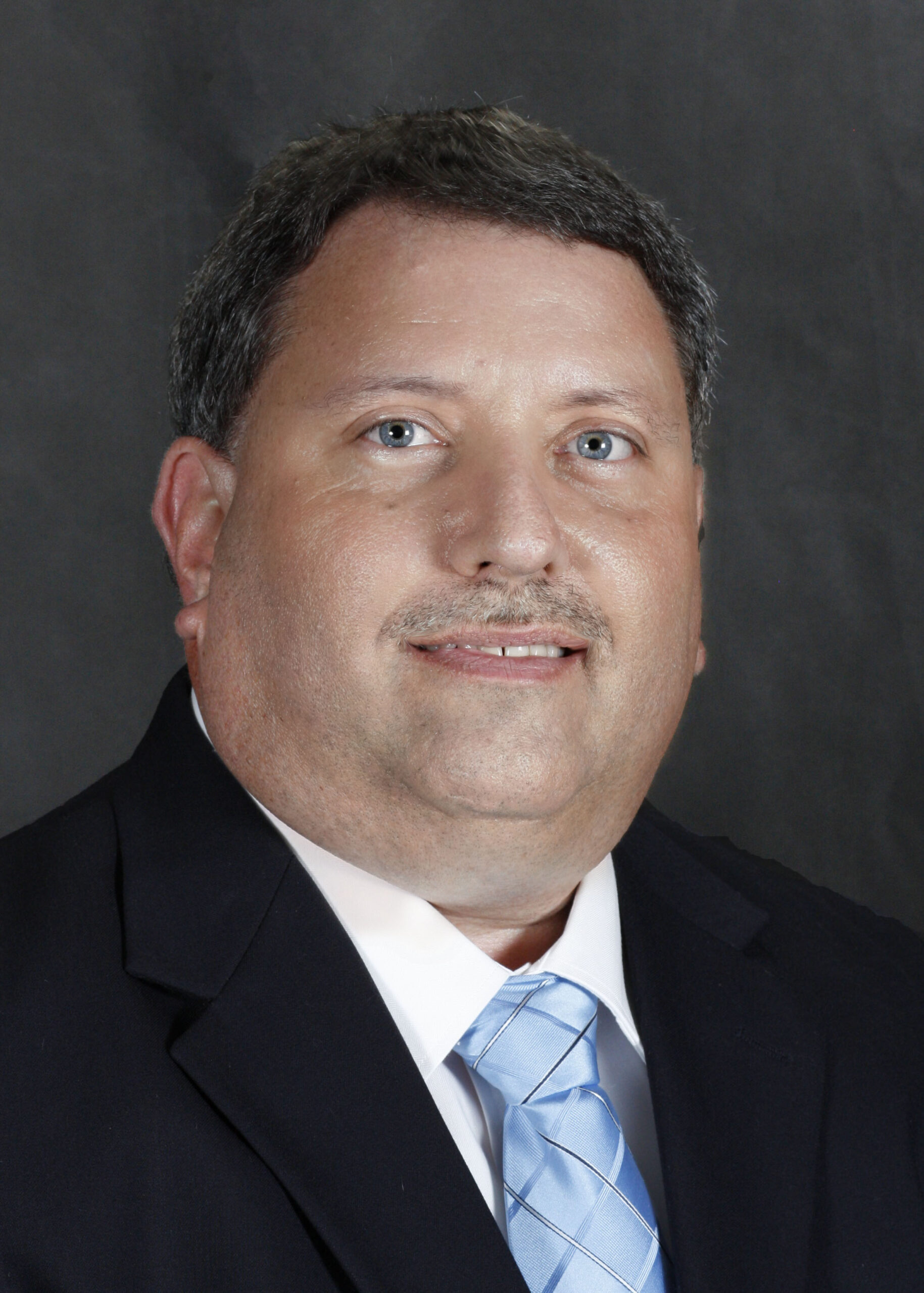My personal interest in mindfulness started on August 11, 2017 when my wife was diagnosed with a form of blood cancer in the bones. Stress on the entire family from the 18-month process of preparation for a stem cell transplant, the actual stem cell transplant, the 18-day in-patient hospital stay in an isolation room, and the caregiving that followed was overwhelming. Thankfully, my wife is almost 12 months post-transplant and doing much better.
Fire and EMS experience are part of my background; I thought I was resilient and could compartmentalize the new stressors in my life. However, as each day passed, I felt more agitated, anxious, distracted, angry and sleep-deprived. My mind was wandering, and I was problem-solving work issues at 2:00 a.m. instead of sleeping. I was desperate for help so I turned to mindfulness.
Mindfulness had been described to me as learning how to pay attention in the present moment without judgment. I thought this would help me calm what were, at times, racing thoughts and seemingly insurmountable priorities competing for my attention. I committed to mastering mindfulness in my personal life so that I could apply it to everyday living and what had become my new normal.
As I had success and saw the impact mindfulness made in my own life – and given that I regularly work with police departments – I also developed a professional interest in mindfulness. I genuinely believed mindfulness could be a beneficial tool to these public servants because of the nature of their work and the mental challenges law enforcement can present – enabling them to better cope with the day-to-day challenges of police work before stress builds to an intolerable point.
Working with a subject matter expert on mindfulness along with two police chiefs, we developed a regional workshop series on mindfulness designed specifically for police. The feedback we received from attendees was very positive and surpassed our group’s initial expectations.
A subsequent discussion with an assistant city manager led to the idea that mindfulness could potentially benefit all city employees and not just the police. We expanded and retooled the workshop series for a much broader range of employees. Again, the response to the series was extremely positive and attendees were grateful for the experience. The workshop series was again extended to two regional police executive meetings and had a similar impact.
I encourage you to learn more about mindfulness and how to apply these concepts and tools within your own life. Those who teach mindfulness will tell you that your mind wanders. Your body is doing one thing while your mind is somewhere else. Your mind is ruminating negatively about the past, and then it is worrying about the future. A wandering mind is an unhappy mind.
One mindfulness concept I learned is to focus on your breathing. This will force you to be in the present. Think about it – you cannot breathe in the future and you cannot breathe in the past. You can only breathe in the present.
You can follow several practices, such as box breathing, abdominal breathing and others. There really is truth to the phrase we often hear when angry or frustrated – ‘take a deep breath.’ Diaphragmatic or belly breathing will increase your body’s ability to rest and recover. One recommended resource on mindful breathing is www.mindful.org/belly-breathing.
Now when I do wake up at 2:00 a.m., I use mindfulness to focus on my breathing and get back to sleep. Whatever your current circumstance or walk of life, mindfulness is a valuable tool that warrants your consideration.

By:Tom Kline
Senior Manager, Risk Control Pooling, Sedgwick
Summary of Qualifications
Tom has built strong collaborative relationships with other subject matter experts in the risk and safety fields. He develops and delivers engaging presentations for workshops, forums and conferences.
Responsibilities
Tom helps clients assess their risks, establish and maintain their safety and risk control programs, comply with local, state and federal standards and implement best practices. He provides safety and risk training on a wide range of subjects.
Business Experience
Tom has over 30 years of safety and risk management experience working with a wide variety of public sector clients, including cities and special districts.
Personal Affiliations
American Society of Safety Professionals (ASSP)
Education
Bachelor of Science Degree in Biochemistry
Associate in Risk Management (ARM)



